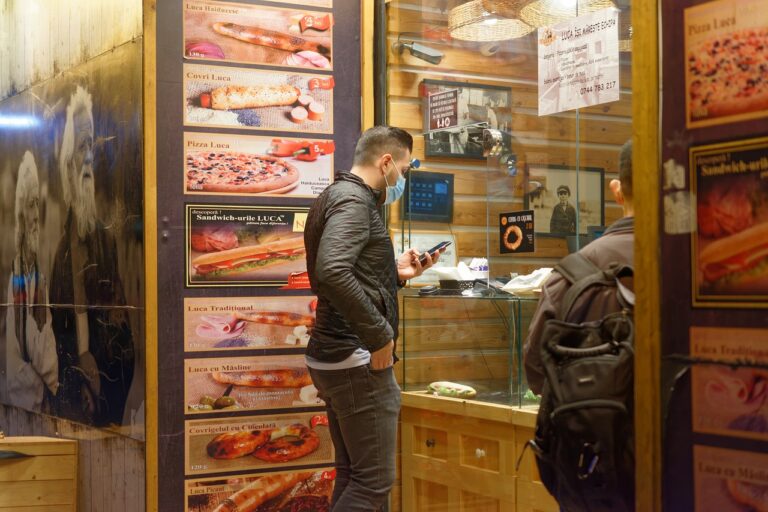The Psychology of Impulse Purchases: Understanding Triggers and Consequences
Impulse purchases are often fueled by various triggers that prompt consumers to make spontaneous buying decisions. One common trigger is the element of scarcity, where limited availability or a sense of urgency motivates individuals to act quickly before missing out. This psychological tactic plays on the fear of missing out (FOMO) and pushes consumers to purchase items they may not have otherwise considered.
Another trigger for impulse purchases is the power of persuasion through persuasive advertising techniques. Marketing strategies that evoke emotions, such as excitement, desire, or nostalgia, can trigger impulsive buying behavior. When individuals experience a strong emotional response to an advertisement, they are more likely to make impulse purchases in the heat of the moment without thoroughly evaluating their decision.
The Role of Emotional Influence in Impulse Buying
Emotions play a significant role in driving impulse buying behavior. When individuals experience heightened emotions, such as excitement, happiness, or even stress, they are more susceptible to making impulsive purchasing decisions. These emotions can cloud judgment and lead to impulse purchases that are often driven by the desire for instant gratification. Retailers capitalize on these emotional triggers by strategically placing products in high-traffic areas or offering limited-time deals to evoke a sense of urgency.
Moreover, emotional influence in impulse buying is often fueled by the desire for emotional fulfillment or relief. Consumers may seek to alleviate negative emotions or enhance positive feelings through impulse purchases. For example, buying a new outfit may boost one’s self-esteem, while indulging in comfort food can provide a sense of comfort during times of stress. Marketers understand the emotional connection consumers have with products and leverage this knowledge to create compelling narratives that tap into customers’ deepest desires and emotions.
The Impact of Social Proof on Impulse Purchases
Social proof plays a significant role in influencing impulse purchases. When individuals see others making a purchase or endorsing a product, it creates a sense of validation and reassurance. This social validation can lead to a fear of missing out (FOMO) effect, compelling people to make impulsive buying decisions in order to feel included or to keep up with others.
Moreover, social proof can act as a form of psychological shortcut for consumers. Instead of conducting in-depth research on a product or service, individuals may rely on the opinions and behaviors of others to guide their purchasing decisions. This herd mentality can be especially strong in online shopping environments, where reviews, ratings, and social media endorsements can quickly sway consumers towards making impulse buys.
• Social proof creates a sense of validation and reassurance for individuals
• Fear of missing out (FOMO) effect can lead to impulsive buying decisions
• Psychological shortcut for consumers to rely on others’ opinions and behaviors
• Herd mentality is especially strong in online shopping environments
What are some common triggers for impulse purchases?
Some common triggers for impulse purchases include limited time offers, fear of missing out, emotional advertising, and the influence of social proof.
How does emotional influence play a role in impulse buying?
Emotional influence plays a significant role in impulse buying as it can tap into consumers’ feelings and desires, leading them to make quick decisions based on their emotions rather than rational thinking.
What is social proof and how does it impact impulse purchases?
Social proof is the concept that people will follow the actions of others in order to behave correctly. When consumers see others making a purchase or endorsing a product, they are more likely to make an impulse purchase themselves. Social proof can create a sense of urgency and FOMO (fear of missing out) that drives impulse buying behavior.







